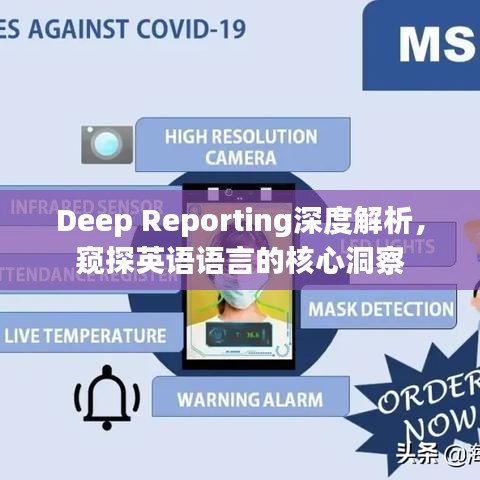In the realm of journalism and media, "深度报道" (Deep Reporting) plays a pivotal role. It is a form of investigative journalism that delves deep into a particular issue or event, presenting readers with a comprehensive and insightful analysis. As the world becomes increasingly globalized, English has become a common language for news and information exchange. So, how does the concept of "深度报道" translate into English?
In English, the term "deep reporting" can be translated directly, preserving its original meaning. It is an umbrella term that encompasses investigative journalism, in-depth analysis, and thorough research on a particular subject. It involves not just reporting the facts but also exploring the underlying issues, analyzing their impact, and examining the motives behind events or actions.
The art of deep reporting in English often involves several key elements:
1、Thorough Research: Deep reporting requires extensive research to gather all relevant information about a subject. This research may involve interviews, document analysis, and even fieldwork.
2、Insightful Analysis: Beyond just stating facts, deep reporting presents an analytical perspective on the subject matter. It delves into the causes, effects, and potential consequences of events or policies.
3、Balanced Viewpoint: Deep reporters strive to present both sides of a story, ensuring fairness and impartiality in their reports. They also acknowledge the limitations of their own perspectives and seek to present a broader viewpoint.
4、Storytelling: Deep reporting is not just about numbers and facts; it's also about storytelling. Reporters use narratives to engage readers and make complex issues more understandable.
In English, deep reporting articles often use language that is formal and objective, yet also descriptive and engaging for readers. They utilize complex sentence structures and sophisticated vocabulary to convey intricate ideas and concepts. The use of passive voice is common in such articles to maintain objectivity and neutrality.
Moreover, deep reporting in English often includes interviews with experts or key figures in the field being reported on. These interviews provide valuable insights and perspectives that further enrich the content of the article.
Beyond newspapers and magazines, deep reporting is also prevalent on online platforms and broadcast media. The rise of social media and digital platforms has made it easier for reporters to reach out to a wider audience and gather feedback on their stories. This interaction with readers further enhances the quality and depth of deep reporting content.
In conclusion, "深度报道" translates to "deep reporting" in English and represents a vital aspect of investigative journalism. It involves thorough research, insightful analysis, balanced viewpoints, storytelling, and the use of sophisticated language to present complex issues in an understandable manner. As media continues to evolve, deep reporting will remain a crucial tool for informing, educating, and engaging the public on important issues of the day.
转载请注明来自贝贝鲜花礼品网,本文标题:《Deep Reporting深度解析,窥探英语语言的核心洞察》







 蜀ICP备2022005971号-1
蜀ICP备2022005971号-1
还没有评论,来说两句吧...